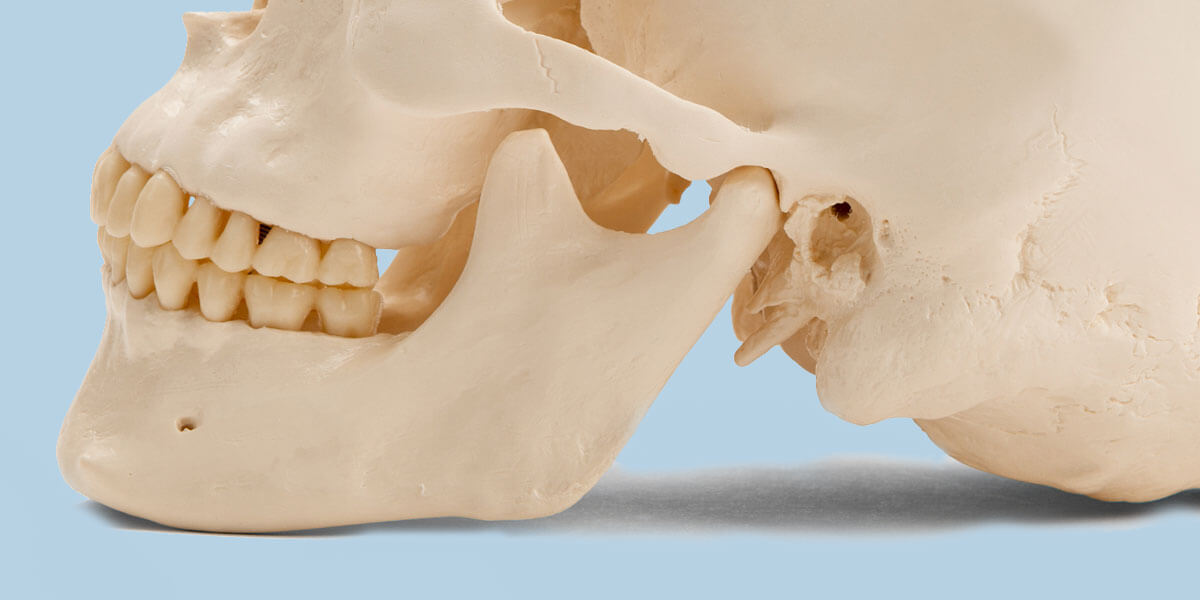TMJ Disorders

What is TMJ?
The temporomandibular joint (TMJ) or ‘Jaw Joint,’ connects the jawbone to the skull and allows the basic opening and closing movements of the jaw. TMJ disorders often cause discomfort in the cheek, jaw, or ear areas and can affect normal jaw function.
This complicated joint is unlike any other in our bodies and can unfortunately be a common area for recurring pain. The TMJ has two (2) hinges instead of one which both move and slide when the jaw is opened. It is also the only joint in our system that has a rigid stopping point – our teeth, which can easily induce an overload when overworked from chewing, clenching or grinding.
Evaluating TMJ
At Artistic Dental Associates, we offer our patients a TMJ exam to evaluate the jaw movement and the functionality of the hinges. Problems can include swelling of the joint tissues or dislocation of the disc of cartilage that cushions the joint. Often times, there are muscular symptoms or trigger points of pain in the jaw muscles. Symptoms are usually related to stress induced overload or grinding of the teeth. Occasionally there are anatomic changes within the joint or with the way the teeth come together which may require correction.
Signs and symptoms of TMJ disorders are frequently intensified by stress and can include:
- Headaches
- Soreness in the cheek or jaw area
- Pain in or around the ears
- Facial pain
- Tight jaws
- Popping or clicking sounds when opening mouth
- Locking of the jaw
- Difficulty chewing
Treating TMJ
In most cases, simple education and Night Guard therapy can relieve the majority of a patient’s TMJ symptoms. A night guard appliance is worn while sleeping to minimize the forces of clenching or grinding and relieve the overloaded joints. In conjunction with anti-inflammatory medication such as Advil, stress relief and a soft diet, most TMJ pain can be corrected with non-invasive, conservative therapy. Some patients who do not show relief may need additional care from someone who specializes in this field and on rare occasions may require surgical intervention.